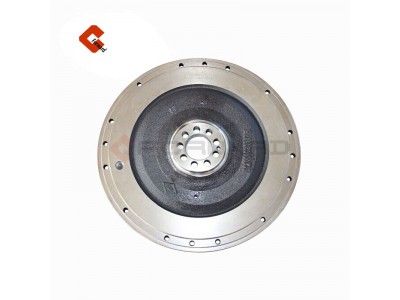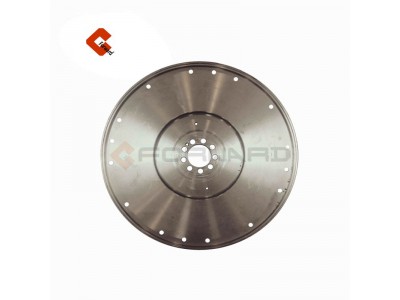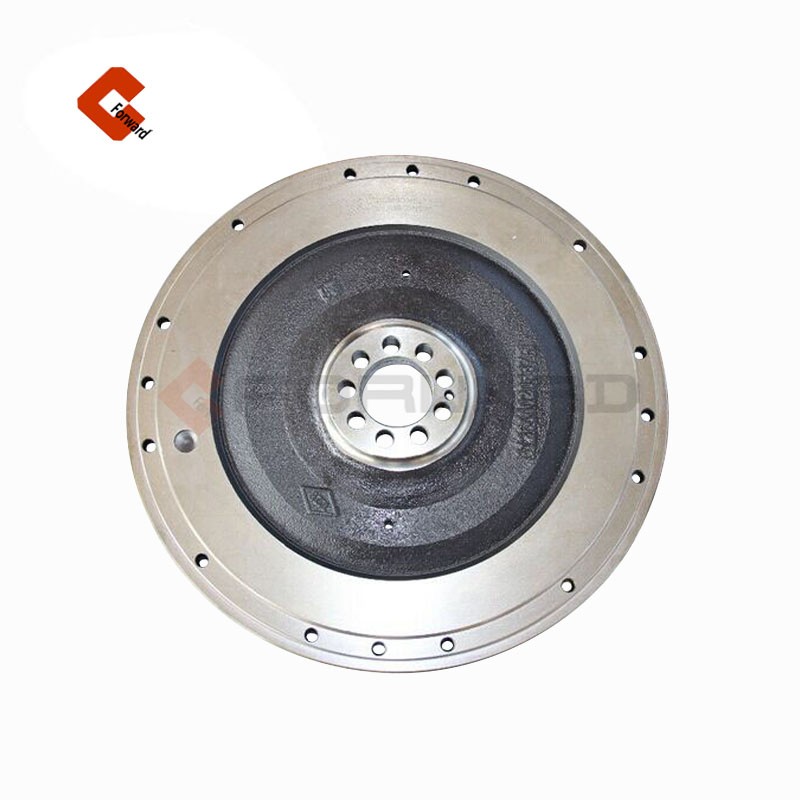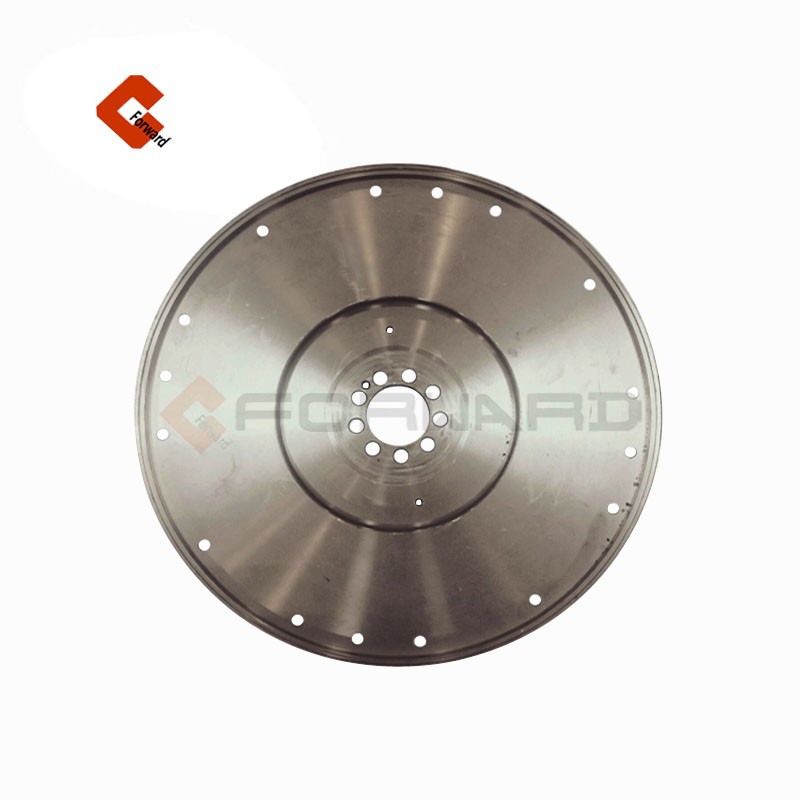where the gearbox is connected to the power generator. The flywheel has a large moment of inertia. Because the work done by each cylinder of the engine is
discontinuous, the engine speed is also variable. As the engine speeds up, the kinetic energy of the flywheel increases, storing energy; As the engine speeds down,
the flywheel loses kinetic energy and releases energy. Flywheels can be used to reduce speed fluctuations during engine operation. In addition,
the flywheel has the following functions: the flywheel is the active part of the friction clutch; The flywheel flange is embedded with a flywheel gear ring for starting the engine;
The flywheel is also marked with top dead center to calibrate ignition timing or fuel injection timing, and to adjust valve clearance.





 [VIP第7年] 指数:7
[VIP第7年] 指数:7 通过认证
通过认证 




